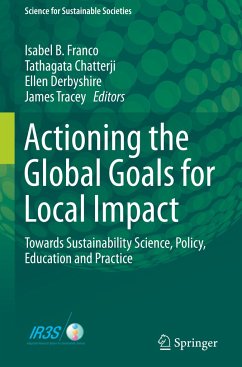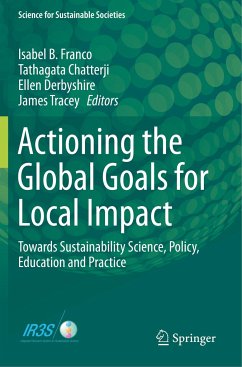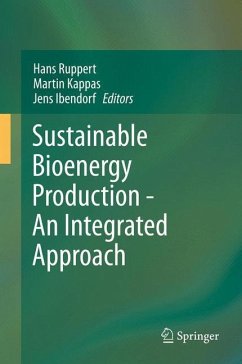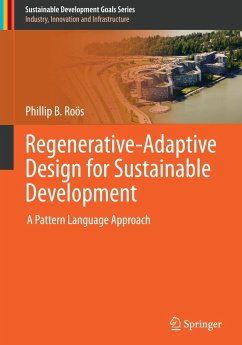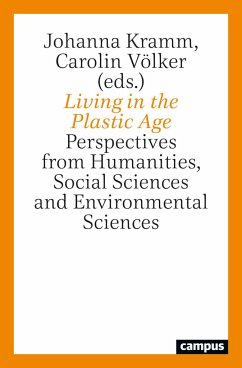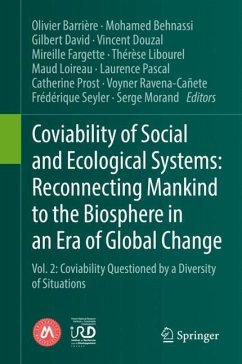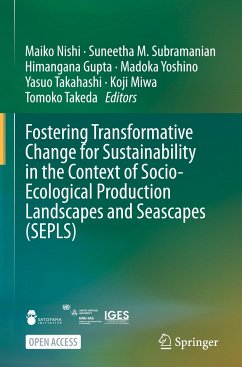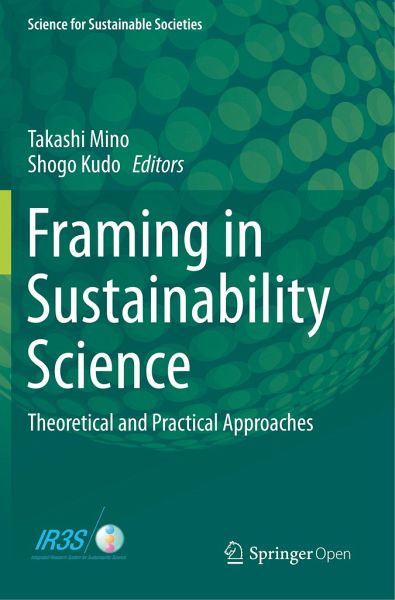
Framing in Sustainability Science
Theoretical and Practical Approaches
Herausgegeben: Mino, Takashi; Kudo, Shogo
Versandkostenfrei!
Versandfertig in 6-10 Tagen
38,99 €
inkl. MwSt.

PAYBACK Punkte
19 °P sammeln!
This open access book offers both conceptual and empirical descriptions of how to "frame" sustainability challenges. It defines "framing" in the context of sustainability science as the process of identifying subjects, setting boundaries, and defining problems. The chapters are grouped into two sections: a conceptual section and a case section. The conceptual section introduces readers to theories and concepts that can be used to achieve multiple understandings of sustainability; in turn, the case section highlights different ways of comprehending sustainability for researchers, practitioners,...
This open access book offers both conceptual and empirical descriptions of how to "frame" sustainability challenges. It defines "framing" in the context of sustainability science as the process of identifying subjects, setting boundaries, and defining problems. The chapters are grouped into two sections: a conceptual section and a case section. The conceptual section introduces readers to theories and concepts that can be used to achieve multiple understandings of sustainability; in turn, the case section highlights different ways of comprehending sustainability for researchers, practitioners, and other stakeholders.
The book offers diverse illustrations of what sustainability concepts entail, both conceptually and empirically, and will help readers become aware of the implicit framings in sustainability-related discourses. In the extant literature, sustainability challenges such as climate change, sustainable development, and rapid urbanization have largely been treated as "pre-set," fixed topics, while possible solutions have been discussed intensively. In contrast, this book examines the framings applied to the sustainability challenges themselves, and illustrates the road that led us to the current sustainability discourse.
The book offers diverse illustrations of what sustainability concepts entail, both conceptually and empirically, and will help readers become aware of the implicit framings in sustainability-related discourses. In the extant literature, sustainability challenges such as climate change, sustainable development, and rapid urbanization have largely been treated as "pre-set," fixed topics, while possible solutions have been discussed intensively. In contrast, this book examines the framings applied to the sustainability challenges themselves, and illustrates the road that led us to the current sustainability discourse.




